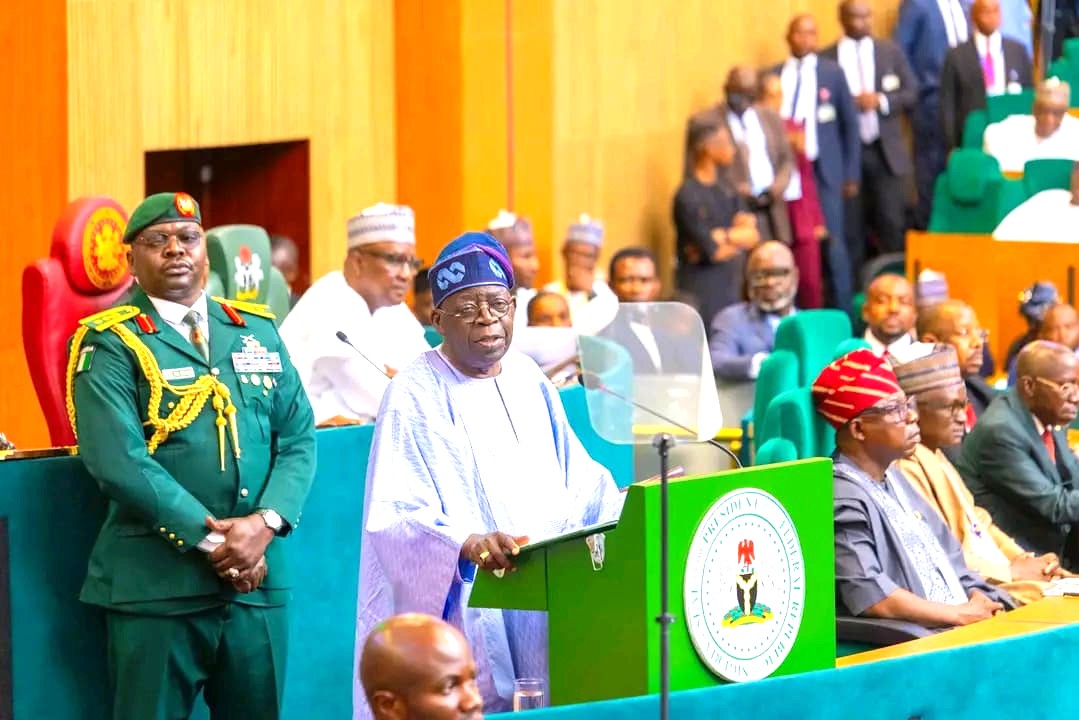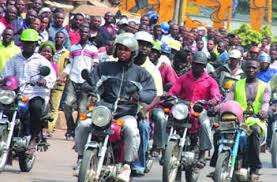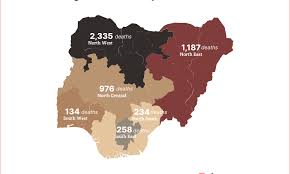WITHOUT A NAME – A REVIEW
By Prof. Sam G. Egwu
Let me begin by thanking the author of this book which the title appears misleading for honouring me to be the reviewer. It is a masterpiece of arts and the social sciences.
By identifying and choosing me to do this, he shows that his horizons are always above primordial considerations. The author ordinarily has many options for reviewers which he ignored. Several names mentioned by the author, many of them that I have also met in person, and, worked with over the years, are exceedingly qualified to handle this task.
Without a Name is a well-crafted 434-page book including the appendices and benefitted from many years of diligent coupling of materials from diverse sources, including interviews with several individuals where a knowledge gap appeared to exist in the course of writing.
The author is manifestly a person under Grace with the kind of remarks and impressions expressed about people who crossed his path. It is my best reading in recent times because once you open the book there is no temptation to suspend reading.
Being a personal account of a life, career and dream, Without A Name, is a successful autobiographical account of Emmanuel Gogwim, about his rural origin, humble beginning, surmounting obstacles, a remarkable exhibition of resilience, and the triumph of courage and hope over adversity, to become editor of the Nigeria Standard and bowing out of the public service of Plateau State Government as a Permanent Secretary.
The early chapters of the book provide reminiscences in which his humanity and humility are embedded, particularly his deep sense of pride about his parents and their missionary career. Remarkably, his narrative of this departed from the usual lamentation of many of us who would treasure highlighting how such austere conditions took a heavy toll on our competitiveness in the early parts of our lives.
On the contrary, he takes the conversion to Christianity of his parents and takes on the challenge of missionary life with faith, which took them to rural and urban locations, as both privilege and opportunity. Without consciously poking fun at the multitude of prosperous pastors and ‘men of God’ who adorn our religious landscape today, this book reminds us that there is dignity in genuinely serving God. I also appreciate the author for reminding us of the pioneering role of the Christian missionaries in propagating Western education in this part of the country. This book, indeed, is a celebration not only of pastoral work in rural communities but also a celebration of rural life.
I particularly want to commend the author for the way he has used the account of life and career as a decoy for raising important issues that are at the heart of the crisis in the Nigerian political economy. One example is the issue of the transformation, decomposition and decomposition of ethno-regional identity and the collapse of the nation-building agenda in this country. At the micro-level, he uses the tragedy of the redrawing of the ethnic and religious map of Jos city, once the number one choice of many Nigerians to build retirement homes, to illustrate how inter-group relations have decayed. Today, identity-based conflicts which masked deadly struggles for access to opportunities and resources have brought considerations for safety and security in the choice of places of residence and recreation for people based on their identities.
The author, in different chapters, and in illustrating some landmark experiences of his life, throws light on other examples of poisoned inter-group relations from the communal violence in Kaduna city in the late 1980s and its spread to Kafanchan; the ethno-religious violence in southern Kaduna in the early 1990s; and the ethno-religious conflagration in Bauchi. These conflicts highlight among others, the dilemma of ethnic citizenship in Nigeria and the decline of national citizenship, the weaponization of difference by power-seeking elites, and the crisis of nation-building in Nigeria’s plural ethnic and religious setting. One can find the obvious lamentation of the author that these occurrences drift the country away from the vision and expectations of Nigeria’s founding fathers.

The author uses his elegant prose and his extraordinary facility with the English language to remind us of ‘paradise lost’ with respect to two somehow related issues. The primary intent of the author here, I believe, is to inform readers that the University of Jos where he took two degrees in Political Science and Political Economy contributed massively to the development of his being. First, is the collapse of patriotic and progressive platforms in Nigeria, especially of the Nigerian Students’ movement. He tells the deep story of radical students’ founded by illustrious Nigerians, many of them from Plateau State, who were fired by the imagination of dignity for the life of students and the transformation of Nigeria into a better society that promotes welfare and social equality for all. The Movement for the Advancement of African Societies was one such movement (MAAS). He provides rare insight into the role played by the University of Jos students who mobilised largely on clear ideological lines and created solidarities across ethnic and religious lines. What he presents is a sharp contrast to the character of the students’ union in contemporary Nigeria where Student’s Union Governments (not unions anymore) have become campus branches of political parties.
Second, is the author’s depiction of the decline of core university values including the promotion and propagation of knowledge. He illustrates this with the story of the Faculty of Social Sciences of the University in the late 1980s and the early 1990s which witnessed a convergence of scholars of different ideological persuasions. He tells the story of intellectuals like Professors Jonah Elaigwu, Sonni Tyoden, Aaron Gana, Omafume Onoge and several others. These scholars gave the University its flavour as a centre of academic excellence with seminars and symposiums which enabled free cross-fertilisation of ideas between lecturers and students. I thank the author for adding the fact that some of these academics defended students at the University Senate against the suffocating authoritarian tendencies of some university administrators.
Similarly, the author uses this book to remind the readers of the historical context in which The Nigeria Standard where he spent probably the most productive part of his adult life was founded. Incidentally, it was the shock occasioned by his un-ceremonial exit from the Standard newspaper in the wake of the post-June 12, 1993 annulment that left him without a name while facing an ordeal on a trip from Zaria to Jos that informed the title of the book being publicly unveiled today. The Nigeria Standard was founded by one of the finest Nigerians of Middle Belt extraction, the late Police Commissioner, J.D. Gomwalk as the Military Governor of Benue-Plateau State. For the records, the Nigeria Standard was born in the context of the unravelling of a homogenic northern identity in which the ethnic minorities of the Middle Belt realised rather painfully that they lacked a voice in the national discourse. The story of the rise and fall of the Standard and the collapse of the ideal in setting up the newspaper which carved a niche for itself comes out tellingly in the book.
Finally, as part of the strategy of the author to flavour the story of life’s journey with the bigger picture, he provides some insight into Nigeria’s class wars (class struggles preferably) that do not enjoy the visibility they deserve. The examples are drawn from the confrontation between the Nigerian state and the peasants of Bakolori in present-day Zamfara State and the land alienation from peasants in Muri in the present Taraba State. In the former, peasant resistance to the alienation of the farmlands for them to become contract farmers made the Nigerian state to go wild. In the latter, it took the intervention of a former Military Governor, Colonel Yohanna Madaki to intervene on behalf of the poor peasants. But there were consequences. The rest is now history.
This book can be located at the intersection between an autobiography and a sketch of Nigeria’s political economy. It can also be located at the intersection between journalism and political science analysis. In these two senses, it is a big accomplishment for the author. I find the elegance of the prose and the simple rendering of the text another big strength. I am reluctant to critique the title of the book considering the emotional torture he was subjected to on a fateful trip without options for seeking remedy. Without a Name is not really about somebody without a name, because the different identities he assumed in his life’s complex journey makes him a true patriot, crusader and empathiser on the part of the poor, a believer in Nigeria’s ultimate destiny as a strong and united country. Indeed, the author has a name.






Post Comment